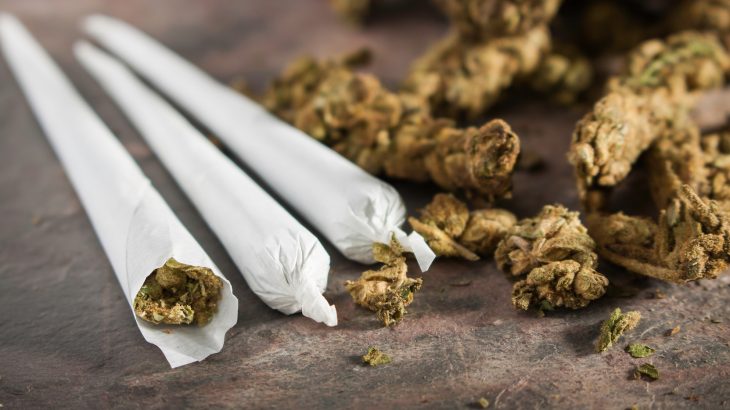The objective of this article is to point out the explicit dangers that accompany early use of marijuana as opposed to later use into adulthood.
By: Susan Adams, M. Ed.
The Dangers Of Early Marijuana Use
 Summary: The younger the person who tries marijuana experimentally, the more susceptible to addiction they are.
Summary: The younger the person who tries marijuana experimentally, the more susceptible to addiction they are.
There are a number of factors that are negative that go with early onset usage--this article identifies those in the hopes of helping parents to be more vigilant with their teen-agers.
A long-term study has found that students who begin the use of marijuana in elementary school--and some children do begin this young-are four times more likely to use the drug in middle school than students who do not use in childhood.
In addition, there are a number of other negative consequences that go with childhood use of marijuana.
The first is the risk of becoming delinquent, engaging in sexually risky behaviors, using other illicit drugs, having friends who also demonstrate deviant behavior, and not graduating from high school.
The early practice of smoking marijuana can increase the risk of developing an addiction to cannabis due to the fact that people who use at an early age are more likely to use compulsively and become out of control more frequently than early alcohol users.
Delaying marijuana use may not be sufficient to reduce the negative consequences. One study showed that adolescents who started marijuana use after age thirteen, but who steadily increased use throughout adolescence and young adulthood, were more likely to use other illicit drugs than adolescents who started marijuana use younger than thirteen, but did not increase their use over time. High frequency use could be due to social and psychological factors concerning reinforcers of drug-taking behavior and to the addictive properties of the drug itself.
People who smoke tobacco are more likely to use marijuana than those who do not smoke tobacco. Nicotine use often precedes marijuana use. It is also seen as entirely possible that nicotine use leads to marijuana use. Smoking either presents a serious health risk and can lead to greater rates of addiction to both nicotine and marijuana.
For all these reasons it is important to keep the lines of communication open with children who too quickly become adolescents. Use logical consequences rather than punishment, know their friends, keep your home environment conducive to having friends of your children in, and don't use anger when dealing with misbehavior. Rather, calm and consistency are the keys to dealing with children of any age. Discuss how children arrive at decisions about right and wrong and resisting peer pressure. And, be good role models for how you want your children to behave. Don't do things that you don't want copied. This includes how you model the consumption of chemical substances in your home.
